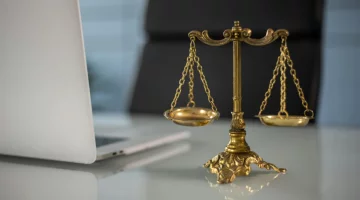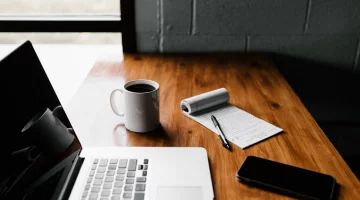How to Handle a Personal Injury Case Without Insurance
Dealing with a personal injury case without insurance can feel overwhelming, especially when the accident involves severe consequences. In South Carolina, one person was killed in a traffic accident every 7.3 hours in 2021, highlighting the significant risks on the roads. In case you’re uninsured, it’s critical to understand your legal rights and options for pursuing compensation.
If you are a victim of a personal injury in the area, a North Charleston personal injury lawyer can guide you through this challenging process. They will help you explore alternative options like negotiating with the other party's insurance, filing a personal injury lawsuit, or seeking payment plans for medical bills.
This manual delves into navigating injury cases in the absence of insurance by offering advice and suggestions to guide those seeking assistance through the process.
Getting a Grasp on the Fundamentals
Before getting into the specifics of the matter at hand, it's important to grasp the essentials of a personal injury situation. These situations usually come about when an individual experiences harm as a result of someone's carelessness or deliberate behavior. Frequent instances include slip-and-fall accidents, vehicle collisions, and medical negligence. Those without insurance coverage must turn to the legal system to pursue compensation for their injuries.
Assessing the Circumstances
The initial step is to evaluate the situation by documenting the incident that occurred. Gather evidence, like photos and statements from witnesses and police reports, as they can be crucial in building your case. It's also important to maintain a record of treatments received and any associated expenses to calculate possible compensation later on.
Seeking Advice from Experts
Getting advice from a lawyer is important for making decisions about your legal situation without any financial burden upfront. Some lawyers provide free initial consultations to discuss your options and assess the potential outcomes of your case with their expertise and guidance. Moreover, in personal injury cases, lawyers may choose to work based on a contingency fee arrangement where they are compensated only if the case results in a successful outcome.
Exploring Different Options
There are ways for individuals without insurance to explore avenues for help in such situations. One option is to engage in discussions with the party at fault or their insurance provider, which might result in a resolution without having to go through proceedings and save valuable time and resources. Alternatively, some individuals may seek help from aid groups or community organizations that extend support to those facing challenges.
Exploring the World of Legal Financing
Another feasible choice is funding or lawsuit loans, which offer assistance to individuals awaiting a settlement. However, it's important to proceed with caution as these loans often carry high interest rates and require thorough research to avoid unfavorable terms. Seeking advice from a lawyer before moving forward can assist in making well-informed choices.
Getting Ready for a Court Appearance
If the discussions to reach an agreement fall through and you have to get ready for a court appearance, it's important to gather all the paperwork, evidence, and statements from witnesses. The key is to organize these materials in a way that makes sense. It's also helpful to have a grasp of how things work in court if you're representing yourself. Checking out the rules of the court and observing how similar cases play out can offer tips on what to expect.
Navigating Agreements
Negotiation is usually the best option for resolving issues efficiently. Communication skills and a good grasp of the case’s value play crucial roles in settlement talks. Providing strong evidence and explaining how an injury affects daily life can bolster one’s position during negotiations. Being patient and adaptable often results in positive resolutions.
Dealing with Healthcare Costs
Managing medical costs becomes an issue in injury situations. Easing strains can involve working out payment arrangements with facilities or reaching out to charitable groups for support. Additionally, some healthcare providers may provide treatment on a lien basis, enabling settlement payments to cover treatment expenses.
Harnessing the Power of Claims Court
In situations where the desired compensation aligns with the jurisdiction of claims court limits, opting for this venue can be a budget-friendly choice to pursue resolution. Small claims courts specialize in resolving disputes pertaining to sums of money without the necessity of hiring legal counsel. Crafting a well-prepared presentation and articulating evidence effectively may increase the likelihood of achieving a successful outcome in such proceedings.
Keeping Up-to-Date
Staying knowledgeable about personal injury law and keeping up with the updates is essential for individuals seeking justice in their cases. Online sources, legal discussions, and community events provide insights and assistance to guide people through their matters with confidence.
Conclusion
Dealing with a personal injury situation when you don't have insurance can be tough but doable with the right approach and expert knowledge on your side! Grasping the fundamentals of the process, seeking advice from experts, considering options available to you, and keeping yourself updated on developments can help you navigate through your situation successfully without insurance coverage.
More to Read:
Previous Posts:



